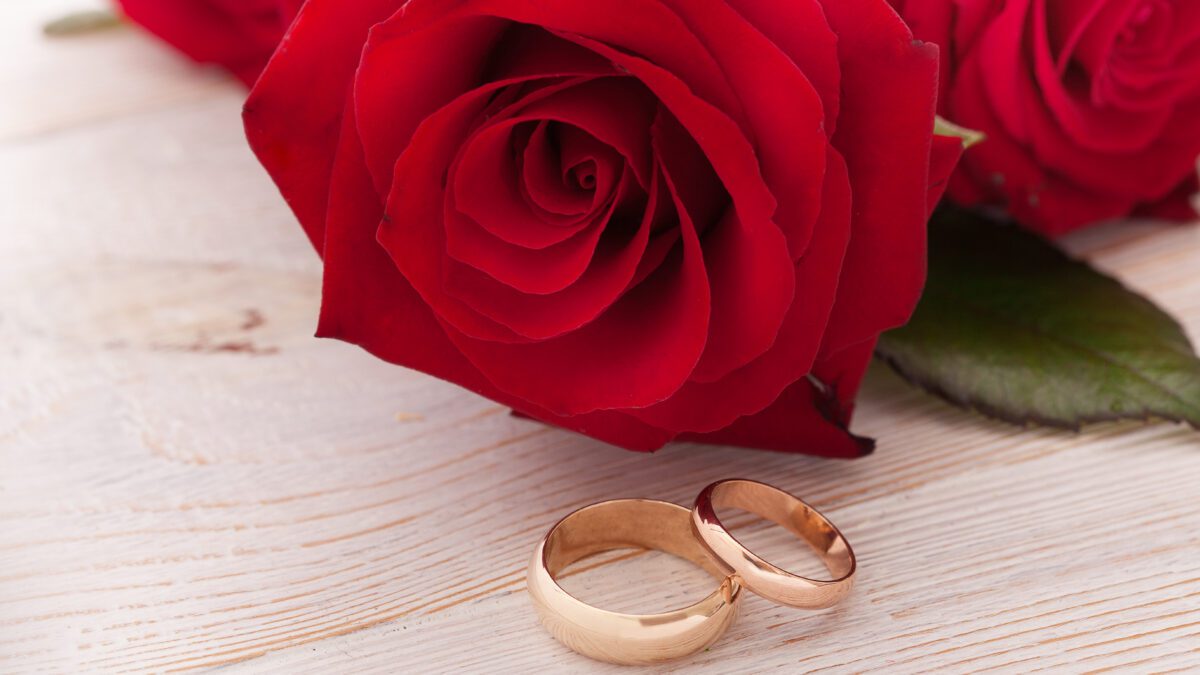Scotland has always been a popular place to get married. From the past when our young neighbours eloped over the border to get hitched at Gretna Green to modern international couples enchanted with a romantic Highland ceremony, Scotland is a top place to seal a partnership.
Nowadays you can hold your marriage or civil partnership ceremony pretty much anywhere – from mountain top, beach or barn to garden shed, hotel or religious building.
But who can perform the ceremony? In Scotland there are a number of options which depend on what sort of ceremony you want. The only people who can conduct civil marriage or partnership ceremonies are registrars and assistant registrars who have been authorised by the Registrar General of Scotland.
The other option is for religious or belief ceremonies which can be solemnised by an approved celebrant who has been authorised under the Marriage (Scotland) Act 1977.
The religious bodies include faith communities such as Christian, Jewish, Muslim, Sikh and Hindu, while belief bodies include humanist, pagan, spiritualist and interfaith organisations.
The fact that celebrants in Scotland can be from belief bodies – not just religious communities – is a relatively recent development. It was only in 2005 that the Registrar General authorised humanists to conduct legal marriages and Ivan Middleton conducted Scotland’s first humanist wedding at Edinburgh Zoo in June that year.
For some couples, the choice of celebrant will be obvious, but Tim Maguire, a celebrant with Celebrate People, admits that for some the venue, date and photographer will come first.
His tip for picking a good celebrant: ask the band or photographer. “Because these people sit through an awful lot of weddings and if they like you then actually, you’re on to a good thing.”
Approved celebrants can conduct ceremonies legally in any place that is safe and dignified – as long as they have a Schedule issued by a registrar.
The National Records of Scotland on behalf of the Registrar General makes sure a service can go ahead before a Schedule is issued.
“If you’ve got a Schedule then I can really rely on the fact you’re legally allowed to get married,” says the Rev Dr Rob Whiteman, a Unitarian minister.
Maguire agrees: “They take care of the official administrative side of ensuring that a marriage will be legal. We have the pleasure of helping couples talk about love.
“I don’t write ceremonies for my couples: instead I help them to write them themselves,” says Maguire, who has conducted more than 1,600 legal marriages in hundreds of different locations.
“I’m probably not unique in that but I’m certainly unusual, because I haven’t forgotten that that we fought to give people the freedom of self expression. I’m not interested in doing cookie cutter ceremonies. I want to help them create something which is powerful and moving.”
Whiteman agrees: “I very much work with couples to write their own services. However, they must also indicate that they accept each other in marriage. With that agreement, I can then declare them married and they sign the Schedule in front of witnesses.”
Both Whiteman and Maguire have seen ceremonies – large and very small – in unusual places, but both agree what makes each one special is the focus on the individuals.
Road to the rings


Opposite-sex and same-sex couples in Scotland have the freedom to have a civil, religious or belief marriage or a civil partnership ceremony. They must both be at least 16 years old and satisfy certain other criteria.
In advance of a ceremony, forms and a fee have to be submitted to the registrar of the district in which the marriage or civil partnership is to take place.
A Schedule will be prepared and that must be signed by the couple and witnessed. After the ceremony the Schedule must be returned to the registrar.
Civil partnerships and marriages are almost identical, and civil partners have the same rights and responsibilities as married partners. However, there are some procedural differences.



